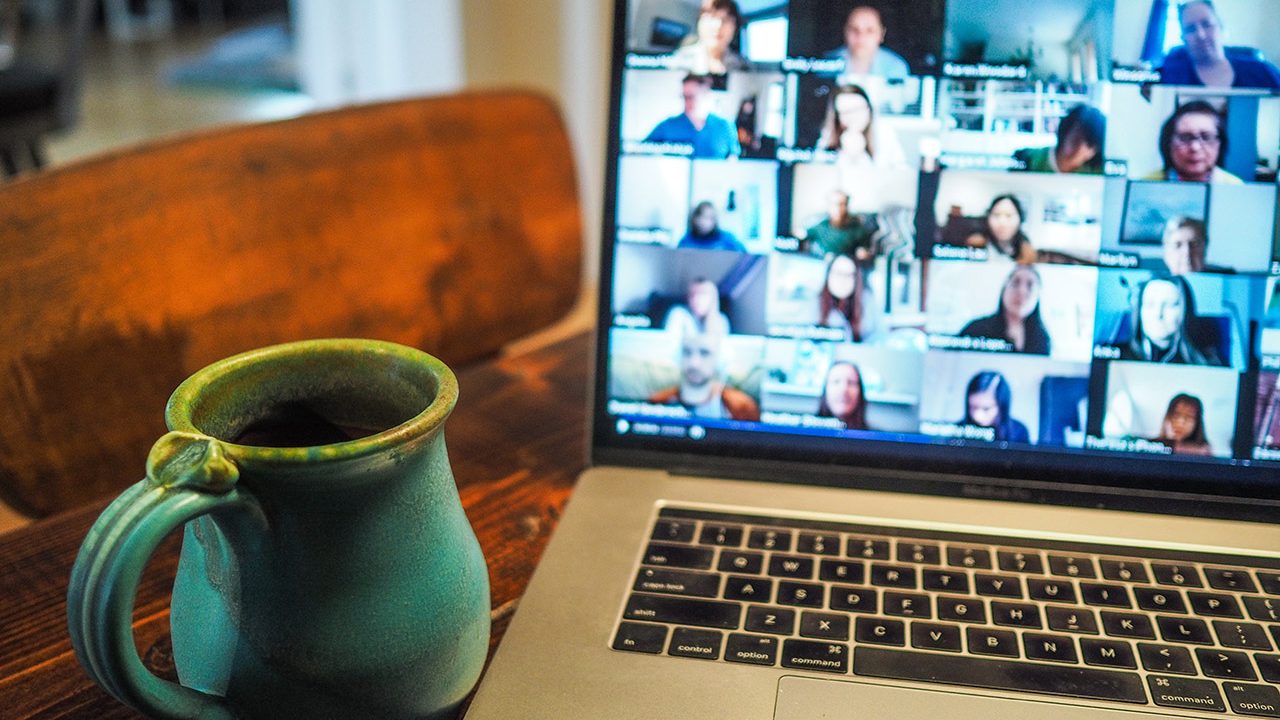Companies Need to be Flexible When Deciding to Return to In-Person Work, Expert Says
Harvard professor and author Tsedal Neeley says the pandemic made people realize they like remote work, and employers will need to think about revising cultural norms.

Starting today, Michigan is rolling back most of the COVID-19 restrictions for the workplace. This marks the first major step taken by the state to end most of the indoor and outdoor restrictions by July 1. Many employees have become accustomed to working from home and because of that, many do not want to go back to the office, calling into question what the workplace will look like once Michigan and the United States successfully navigate the way forward at this point in the pandemic.
One business expert has been predicting that the transition from the office to home was a long time coming and that the pandemic only accelerated it.
“The fact is that the culture that you’ve known pre-COVID has actually gone away…so organizations need to think about revising their cultural norms, to meet the future of work that is right now.” –Tsedal Neeley, Harvard Business School
Listen: Why employer flexibility post-pandemic is the key to happy employees and high-functioning workplaces.
Guest
Tsedal Neeley is a Professor of Business Administration at the Harvard Business School, and the author of the new book, “Remote Work Revolution: Succeeding from Anywhere.” Neeley says for a long time, she has been convinced that technology was going to revolutionize how workers work.
According to Neeley, the pandemic made many people realize they like to work from home. “When you look at the surveys that have been coming out … including a Harvard Business School online survey, a Gartner Group survey, up to 87% of people who are surveyed are saying to want to retain some form of flexibility in their work routine,” she says. “Of that [87%] … 30% say that want [remote work] permanently.”
Neeley says that companies need to be flexible when deciding whether to return to in-person work. “The fact is that the culture that you’ve known pre-COVID has actually gone away … so organizations need to think about revising their cultural norms, to meet the future of work that is right now,” she says.
Neeley points to child care as an issue that could be a point of flexibility for companies moving forward. “According to U.S. labor statistics, 3 million women have left the workforce and 570,000 of them are mothers, and this is because the child care responsibilities disproportionately fall on the women,” she says. “It’s important to see how can you ensure that there’s flexibility for people to figure out their child care needs.”
Web post written by Dan Netter
Trusted, accurate, up-to-date
WDET is here to keep you informed on essential information, news and resources related to COVID-19.
This is a stressful, insecure time for many. So it’s more important than ever for you, our listeners and readers, who are able to donate to keep supporting WDET’s mission. Please make a gift today.
